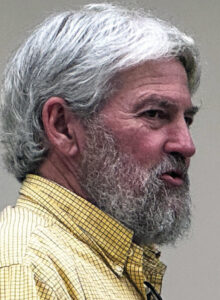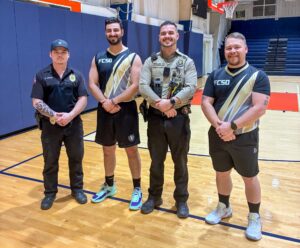One nation, under God'
By Staff
June 15, 2004
The U.S. Supreme Court has ducked the weighty issue of whether the phrase "One nation, under God" in the Pledge of Allegiance is constitutional. The high court ruled Monday, Flag Day, that a California atheist could not challenge the patriotic oath because he had no legal jurisdiction.
In making its ruling, the court sidestepped the broader question of separation of church and state, and left untouched the practice in which millions of schoolchildren around the country begin the day by reciting the pledge.
The court said atheist Michael Newdow could not sue to ban the pledge from his daughter's school and others because he did not have legal authority to speak for her. Newdow is in a protracted custody fight with the girl's mother, Sandra Banning, who had told the court she has no objection to the pledge.
Eight justices voted to reverse a lower court ruling in Newdow's favor, which had held that the words are unconstitutional. Even though they ducked the fundamental issue, we suppose that in itself is good news. Four justices have indicted their belief that the pledge is constitutional.
The U.S. Supreme Court does not have to explain its actions, but it is regrettable that it did not take advantage of this opportunity to rule decisively that the words "One nation, under God" are fundamental to America and Americans.








